The big question that every New Hampshire personality is ready to answer, expecting it before each conversation with an out-of-state journalist, is some form of “will your state still matter after this?” The absence of a truly competitive primary nags at them, and local officials bristle at the notion that in this new era of celebrity politics, where approaches are measured in virality and meme potential, the old skills of glad-handing at small-town gatherings is declining into a memory.
“They’ll be back,” Chris Ager, the New Hampshire Republican Party chairman, tells me. “This is a special place, and it’s not going anywhere.” But there will definitely be a push for a more representative primary schedule in the coming years, and he seems well aware of it — one reason the party needs Republicans to have more success in the coming years, given how Democratic their cohort has become. Kelly Ayotte, the one-time senator now campaigning for governor, is the kind of national voice they need to keep their relevance, lest they drift into the long list of purple states turned bright blue.
The problem for New Hampshire is that it is out of step with the overall trajectory of the GOP electorate. It is one of the top ten states in per capita income, and by many measures one of the least churched and most secular. The strain of individualist libertarianism that spawned the Free State Project seemed well at home in the GOP a decade ago now comes across as anachronistic in the post-Tea Party era. For a Republican Party that is increasingly diverse, working-class and more of the “beer and church” than “wine and country club” set, different states might have more appeal.
Yet for Nikki Haley, this place’s unique potential provides probably her best shot at an outright win. If she stumbles and falls short despite her natural advantages in a place with so many unaffiliated voters, it will say something, too — that the country, for better or worse, truly recognizes the GOP for the entity it is: a vehicle for Donald Trump and his acolytes, both real and pretend. And even if she can pull it out tonight, in the long term, there are no doubts about that.



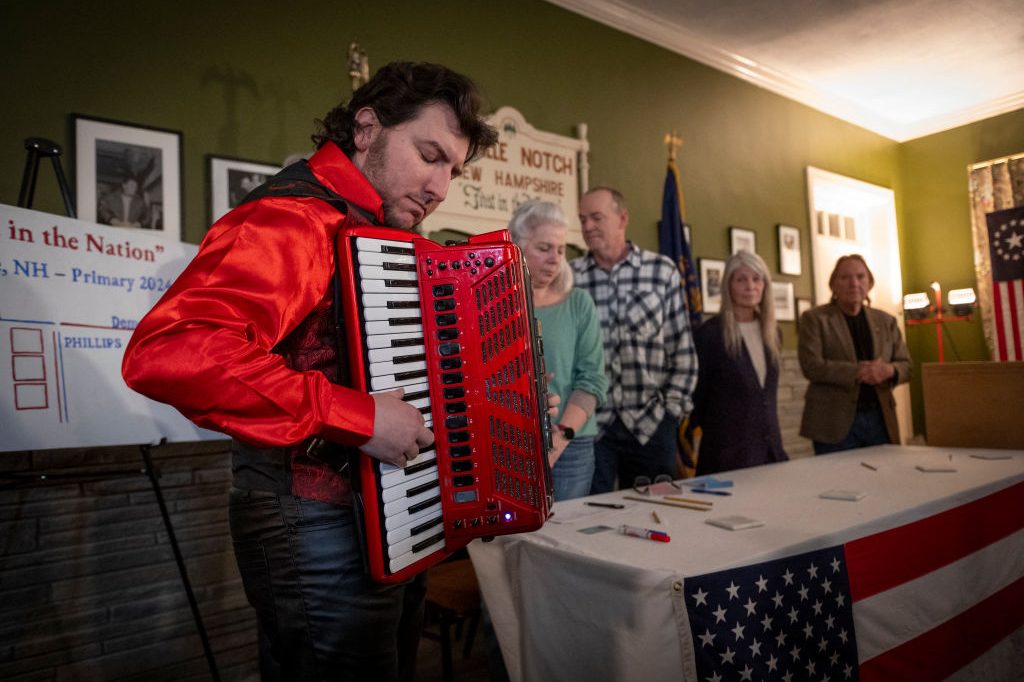








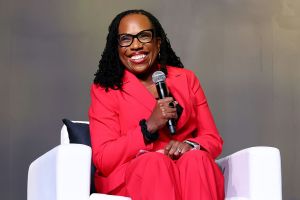
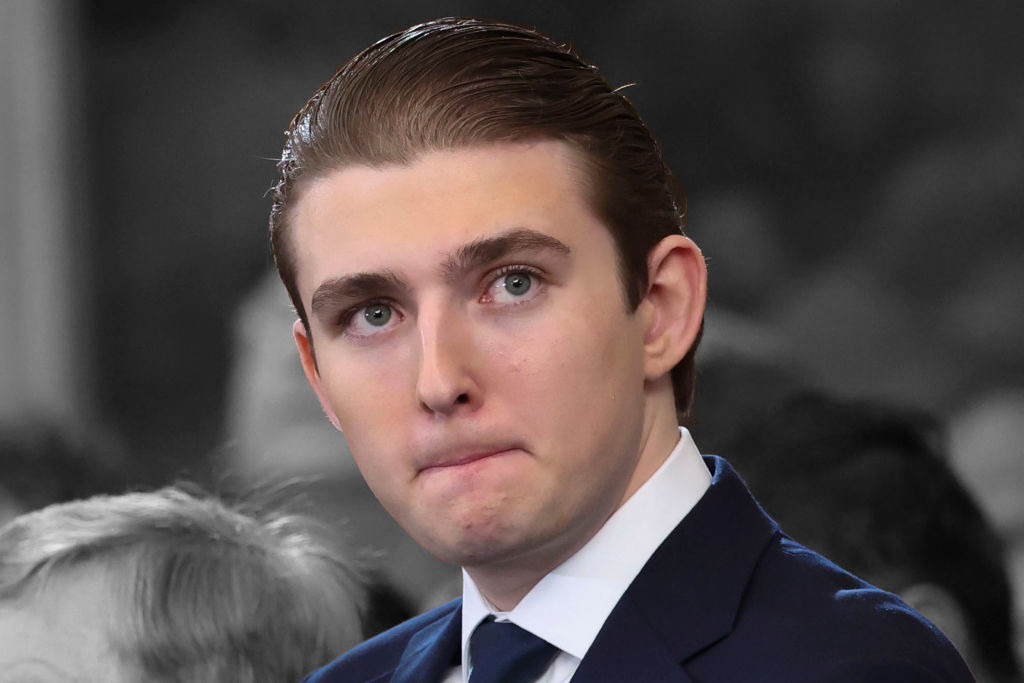
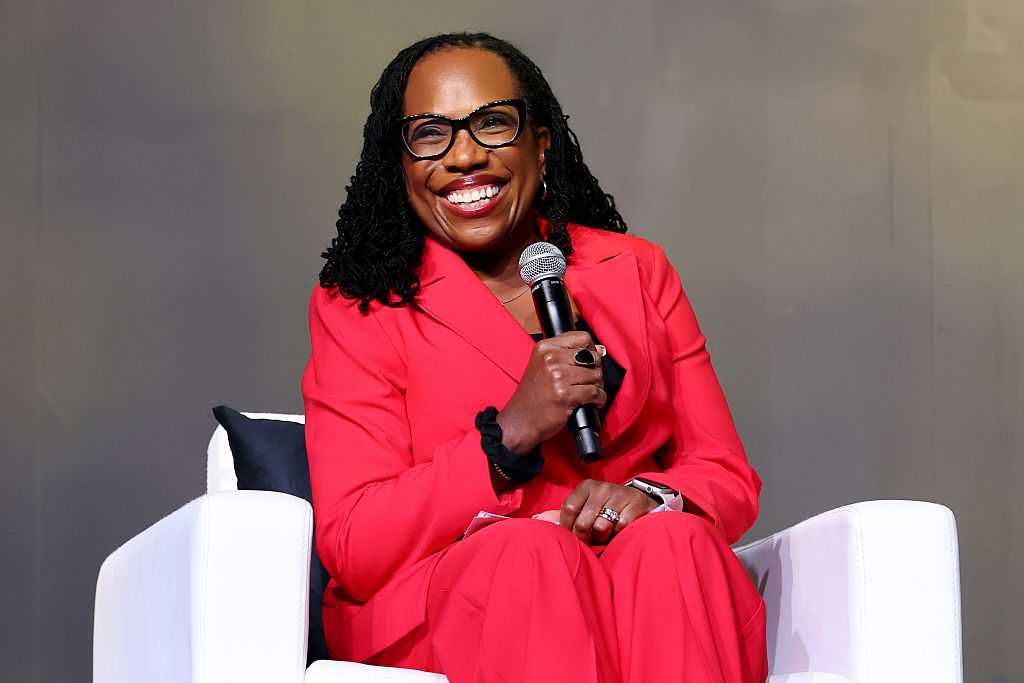


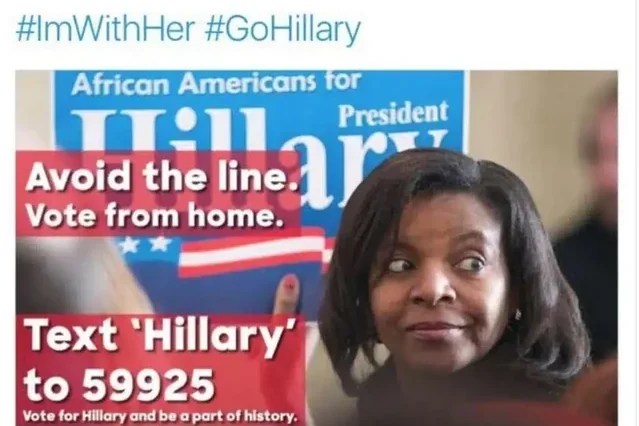
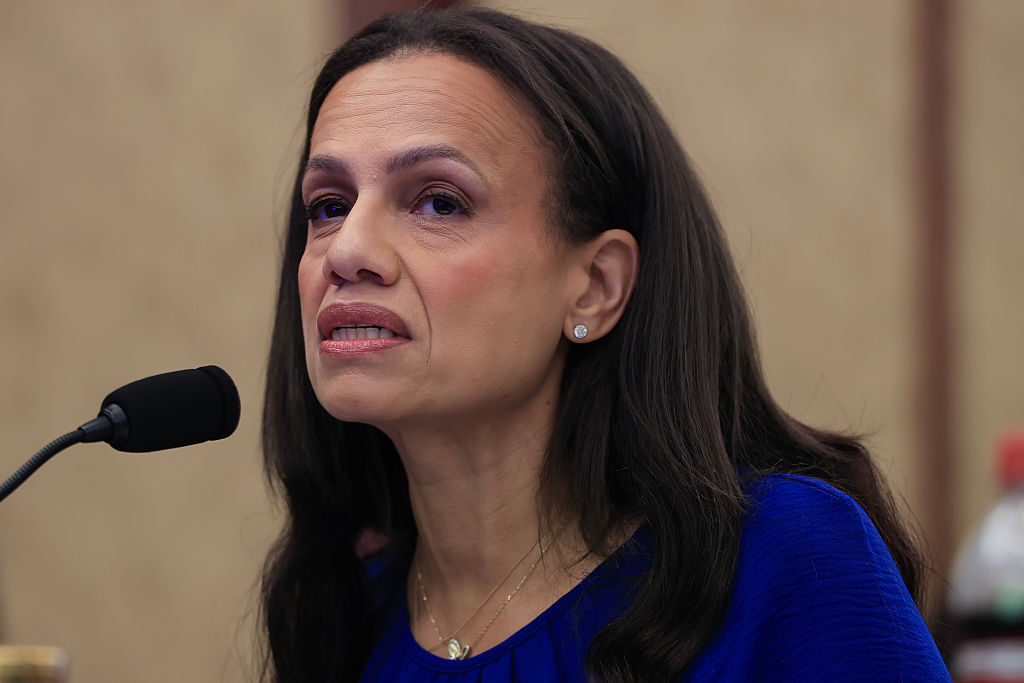







Leave a Reply